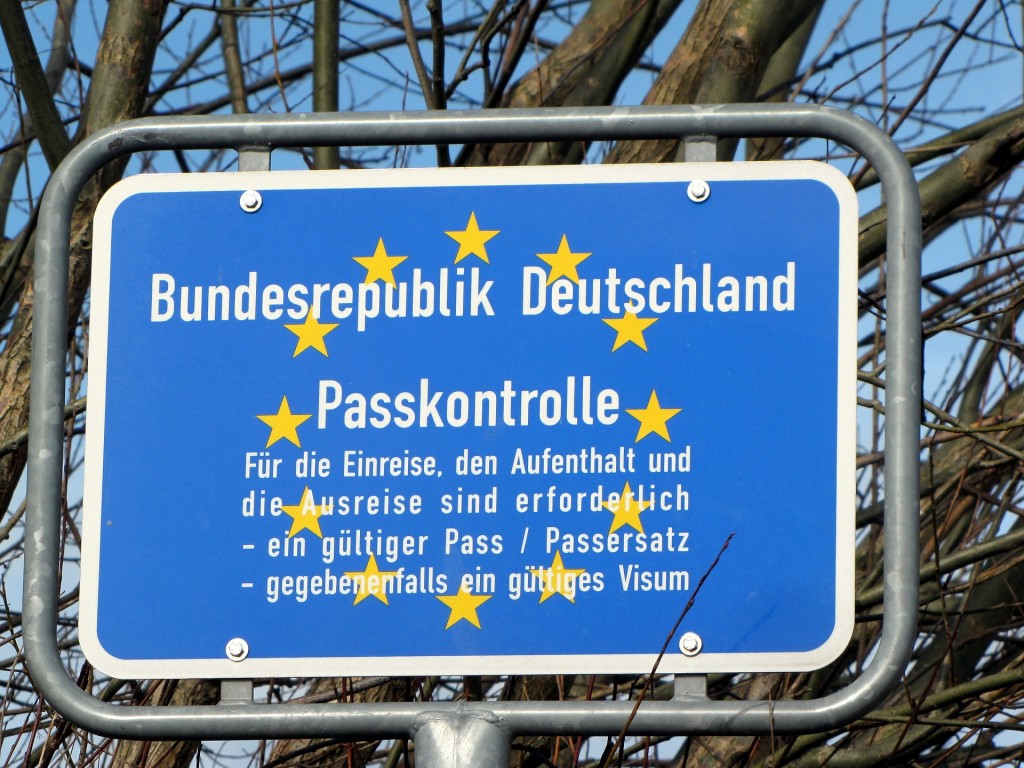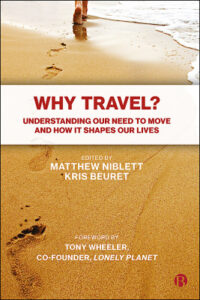Troubles in the Schengen Zone: could this end passport-free travel in Europe?

Within the Schengen Zone people can travel across borders without passport checks. But do recent troubles spell the end for this level of free movement within Europe?
29th January 2016
In June 1985, ministers from France, Germany and the Benelux nations met in the village of Schengen, Luxembourg, to sign a treaty abolishing border-controls between their countries. Since then the ‘Schengen Zone’ of passport-free travel has extended to 26 countries across Europe, from Sweden to Spain to Slovenia. But 30 years on, the pressures wrought by ever-increasing refugee numbers are calling into question the future of the Schengen Agreement. Member states have been re-instating border controls in order to limit the flow of migrants, some governments have called for a two-year suspension of the agreement, and the Austrian interior minister recently warned that “Schengen is on the brink of collapse.”
Many supporters of the Schengen Zone system admire it not just for practical and economic reasons but also as an ideal of unification and solidarity amongst the people of Europe, a move away from the often divided and conflict-torn past. “The elimination of borders within the European Union signals recognition of the fact that all the citizens of the participating states belong to the same space and share the same identity” reads an inscription on the wall of the European Museum in Schengen.¹ Insecurity about a sense of national identity across Europe, a rise in terror attacks by Islamic State affiliated extremists, and the pressures exerted by the huge increase in the numbers of migrants entering Europe, are resulting in calls for countries to reassert control of their own borders in order to best meet the needs of their own people. Critics of Schengen point to the way in which the removal of border checks makesit extremely difficult to policeinternational criminal activity and provide security against international terror groups.²
Whilst not underestimating the economic and political issues at stake in these debates, it might also be said that these two competing views on border controls illustrate the often ambiguous – and yet strong –feelings that humans hold about travel. Both lauded as broadening the mind and feared as a corrupting influence, travel, it has been argued, sits uneasily in the consciousness of sedentist societies. As anthropologists have noted, the traveller, the ‘stranger’, is both revered and despised as a bringer of change. As the quote on the wall of the Schengen museum illustrates, border controls enable groups to feel unified within but can also provide a barrier to those without, who do not share that same identity. Controlling who can travel into their territory helps the group to define its identity and unify itself.
Travel plays a central role in human lives, on the day-to-day level right up to the shaping of global economics and politics. And, research suggests, travel also helped to shape the evolution of the human brainand our societies. With the rise of sedentism some 11,000 years ago the issue of territories, borders and the control of travel have also come to be of major importance to human lives. These issues are a central concern to the Independent Transport Commission’s Why Travel? Project, which aims to understand better our travel behaviours, attitudes and motivations for travel from a broad range of perspectives. The project looks at psychological and biological drivers as well as the economic, cultural and social structures we have created that all enable, control and shape our travel behaviour. Ultimately, this deeper understanding will help us to make better decisions in future regarding human travel and transport, and the myriad areas of life which travel touches on. For more information on the project, including news and expert views, see www.whytravel.org.
¹ http://www.schengen-tourist.lu/index.php?idnavigation=43&fidlanguage=1
² http://www.politico.eu/article/schengen-going-going-gone-terrorism-refugees/


